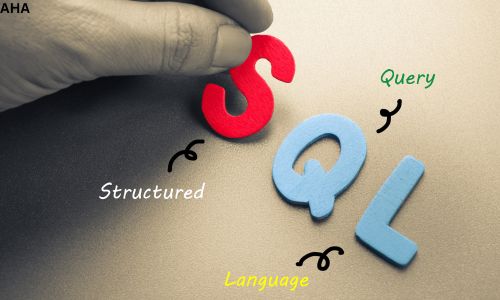Structured Query Language (SQL) is a powerful tool used for managing and manipulating data in relational databases. Whether you’re looking to store, retrieve, or update data, SQL is essential for anyone working with databases. This beginner’s guide will introduce you to the basics of SQL and its importance in data management.
What is SQL?
SQL is a standardized language used to interact with databases. It allows users to perform a variety of tasks such as querying for data, inserting new records, updating existing data, and deleting unwanted entries. SQL is widely used in industries like finance, healthcare, and e-commerce, where managing large volumes of data is crucial.
Basic SQL Commands
1. SELECT
The SELECT command is one of the most fundamental and frequently used in SQL. It is used to retrieve specific information from a database, such as customer details or sales data, based on criteria you define.
2. INSERT
The INSERT command is used to add new records to a table. This might involve adding new customers to a customer database or new products to an inventory.
3. UPDATE
The UPDATE command allows you to modify existing data in the database. For instance, you could change a customer’s address or update the price of a product.
4. DELETE
The DELETE command is used to remove data from a database. This might be used when you need to clean up old records or delete incorrect entries.
Why Learn SQL?
SQL is a must-have skill for anyone working with data. Its straightforward structure makes it relatively easy for beginners to grasp, yet its powerful capabilities allow for complex database management. Whether you’re a data analyst, web developer, or business professional, learning SQL will enable you to efficiently manage and manipulate data. Plus, it opens up numerous career opportunities in data-driven fields such as data science and database administration.
Starting with SQL today can empower you to take full control of your data management needs.



